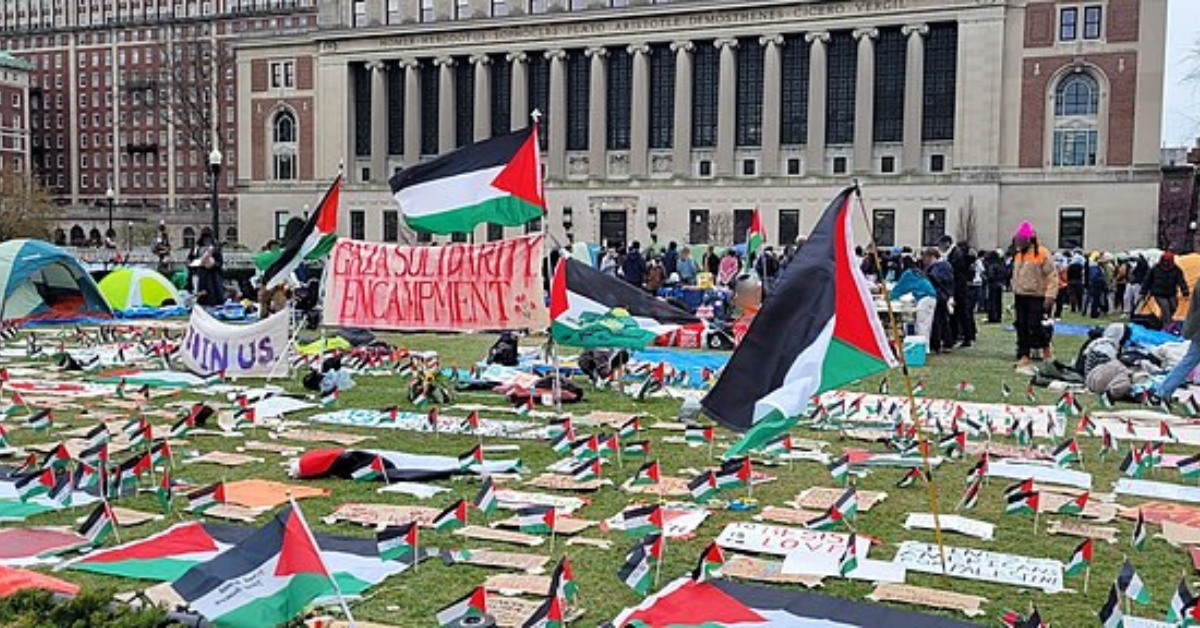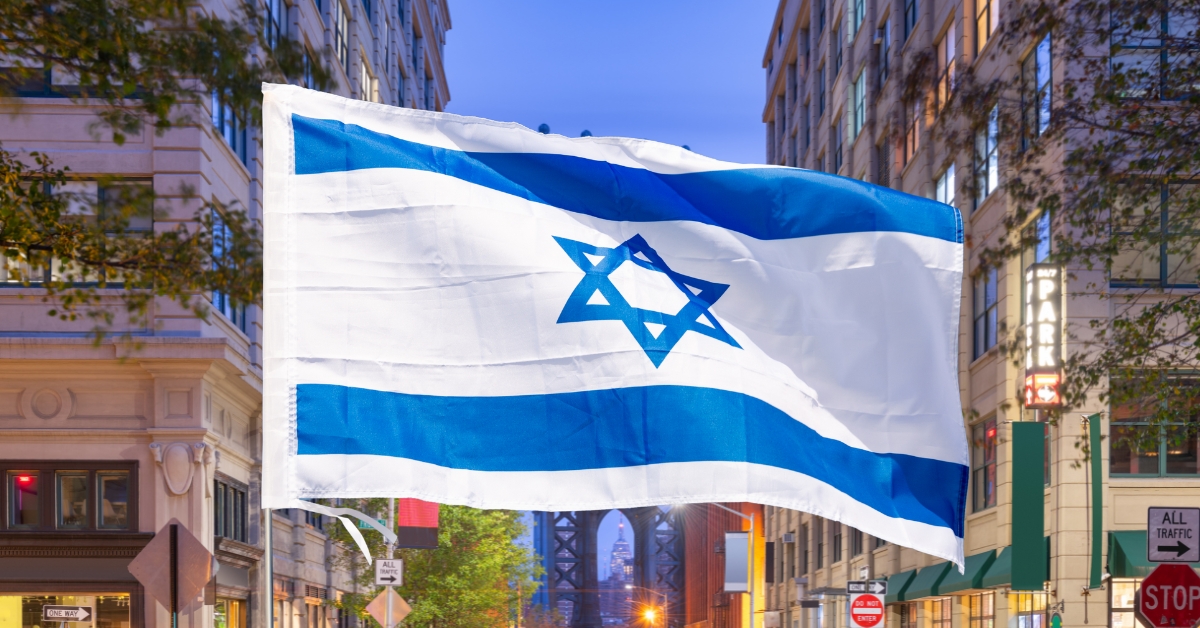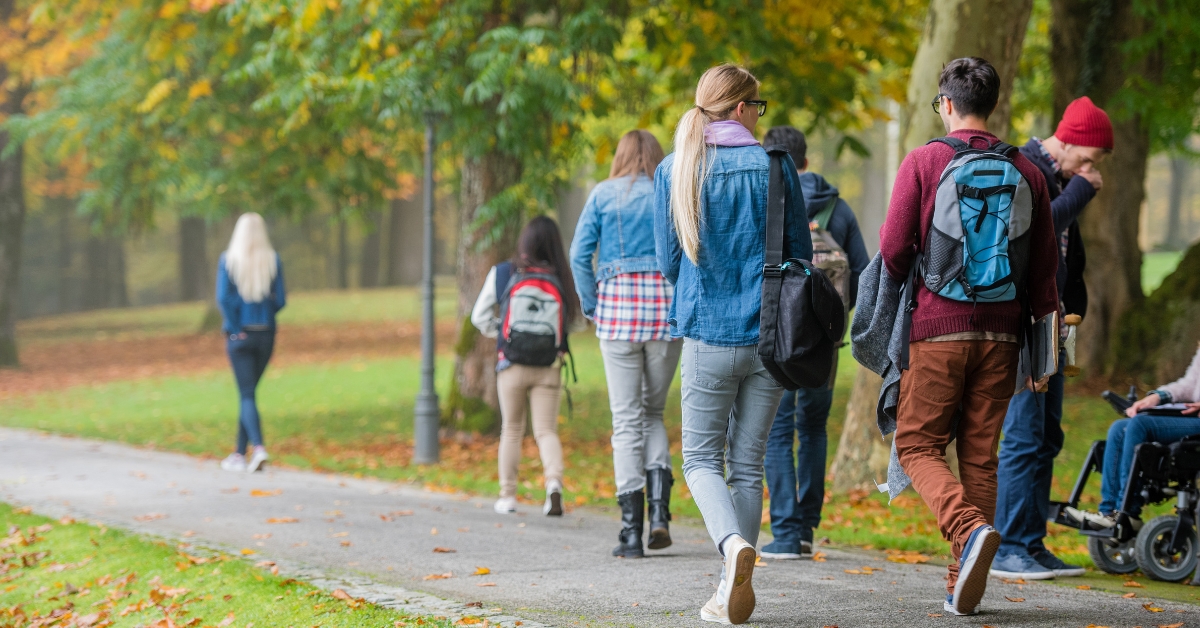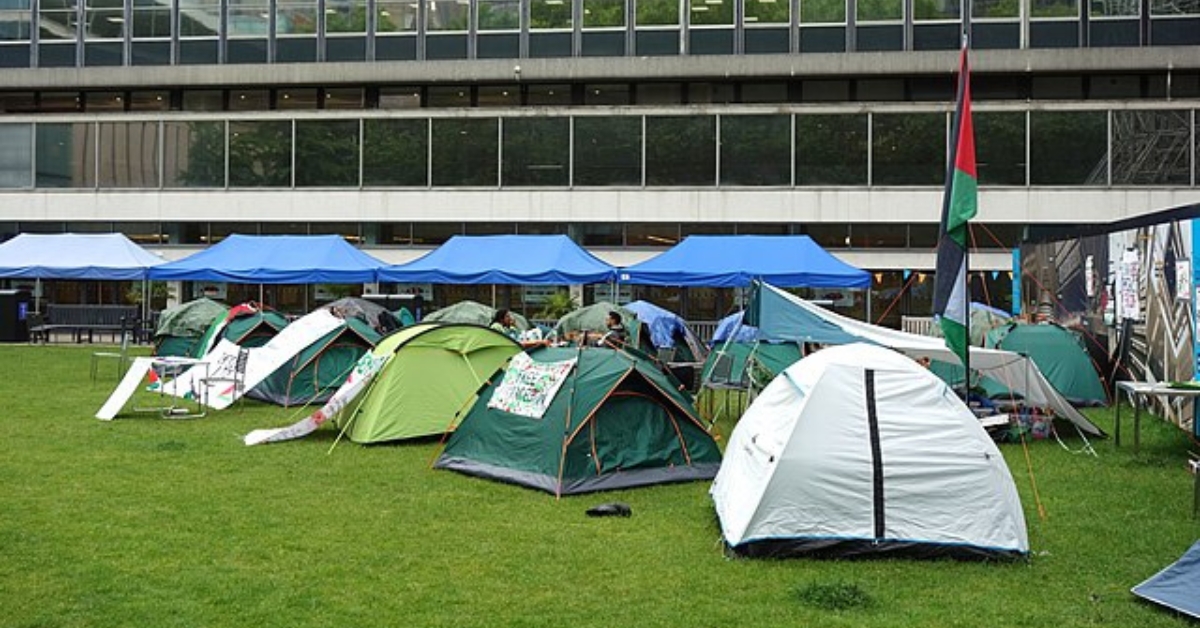
Former UNRWA Employee Connected to Amsterdam’s Antisemitic Attacks
Amsterdam recently witnessed a disturbing episode of violent Antisemitism, shocking not just the Netherlands but the world. The violent assault of Jewish people in the streets of Amsterdam surrounding a football game against Maccabi Ajax FC was a calculated assault, premeditated and laden with hatred. The Palestinian Community in the Netherlands (PGNL), known for its historical ties with Hamas, has been identified as the main orchestrator behind the pogrom. This group, deceptively engaged in community organization, has been unmasked by the Network Contagion Research Institute (NCRI) and other investigative bodies as a facade for Hamas‘s activities in Europe.
It should be noted that the PGNL is currently spearheaded by Ayman Nejmeh, a Syrian-born activist and a former UNRWA educator. Nejmeh recently scrubbed his Facebook profile clean of any mention of his ties to UNRWA—right around the time he was featured in an NCRI exposé as an admin for one of PGNL’s chat groups. Why the sudden change? Ayman Nejmeh’s hasty attempts to erase his UNRWA connections from social media are a transparent effort to distance UNRWA from what happened in Amsterdam. Yet, with the NCRI exposé and UNRWA’s undeniable ties to the appalling October 7th massacre, the connections are too glaring to ignore.
This linkage highlights the problematic undercurrents within UNRWA that Western countries, including the Netherlands, unwittingly support through their financial aid, demanding a reevaluation of funding and oversight mechanisms. How much more proof do global leaders need before they finally hold the United Nations accountable for letting individuals like Ayman Nejmeh infiltrate their ranks? It’s high time the UN faces the music for its role in sheltering and empowering those who perpetuate and support terrorism.
Now is not the time for silence or passivity. Supporting the Jewish community and the State of Israel against the rising tide of global Antisemitism and terror is not just a policy choice; it is a moral imperative. The international community, especially Dutch authorities and the United Nations, must take decisive action to ensure that their agencies are not complicit in such agendas. Only through clear, unwavering support and rigorous scrutiny can we hope to combat the forces of hatred and violence that seek to undermine the values of freedom and security for all.














